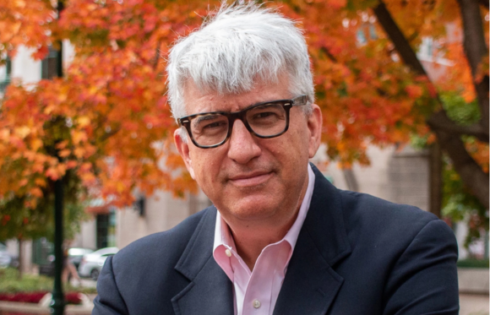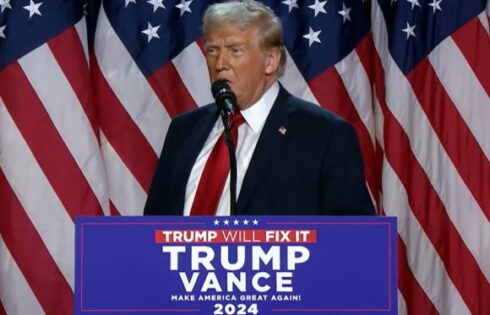
My colleague Zach Dexter argues that, should the proposed net neutrality legislation pass, we will all languish in a slow YouTube-less miasma of internet-sclerosis. The new regulations, so he echoes the Wall Street Journal, were pushed by raving Marxists, and endless downloads of flash games and porn will threaten the Internet’s more noble transactions. Since various liberal organizations made a concerted lobbying effort to get the legislation passed, supporters of net neutrality must be somehow propagandized or otherwise deceived — the argument goes. It’s a shame discourse has sunk so low.
These Net Neutrality regulations take place within the context of an evolving debate that includes copyright legislation, WikiLeaks and COICA – an especially acrid piece of legislation that passed the Democratically-controlled Senate Judiciary in November.
Dexter confusingly ascribes a sort of mom-and-pop honesty to nominally “local” internet service providers (ISPs) like Verizon and Comcast, as opposed to carriers like Cogent or Level 3. Notwithstanding that the revenue of the former companies exceed those of the latter more than tenfold, the misconception is an example of a common conservative sleight-of-hand – defending the interests of a few huge monopolistic corporations in the name of a “free market.”
Opposition to net neutrality, as well as the continued War On Music-Loving Grandmas And College Students, shows how entrenched many high-earning companies are in this debate. Tiny Mix Tapes’ (full disclosure: I write music reviews there) insightful analysis of the future of EMI (one of the Big Four record labels) makes a frightening proposition: Should EMI or one of its brethren topple, illegal file-sharers will be scapegoated, prompting a crackdown on the Internet.
“Deep-pocket inspection” basically means intercepting data, and in the proposed legislation for net neutrality, ISPs would be forbidden from doing so. Dexter proposes that this would lead to the macabre example of doctors unable to access vital medical materials because too many people are on YouTube. That just won’t happen.
The underlying ethos behind net neutrality is that ISPs should move data without any regard for its content or either transmitting party. Because torrenting and other forms of illegal filesharing account for a huge margin of internet traffic, copyright infringement is a part of this issue. Allowing deep-pocket inspection by ISPs for bandwidth throttling or any other purpose would be tantamount to creating a database of subpoena-able material for copyright cases. More file-sharing grandmothers will find themselves with millions in legal fees or jail time. How quickly we forget that the evil empires of the RIAA and MPAA have opposed net neutrality from the beginning.
To use a very Williamsburg-centric case study, Colonial Williamsburg used to broadcast its Electronic Field Trips – contracted educational materials – to millions of public school students via several satellites. In the past several years however, the need for expensive satellite linkups has almost completely evaporated because the majority of schools are now logging on via the Internet. Colonial Williamsburg, a private company, was tapping into the power of the Internet to level educational inequality in this country to some slight degree.
Their success speaks volumes about the power of the free market to solve problems. It also suggests that the internet should be treated like a basic utility, at least for those unable to attend decent public schools or afford more costly education. I don’t mean to suggest that Google Books is the solution to the woes of public education, but increased and unrestricted access to high-quality educational materials is undeniably good.
But for now, COICA awaits a senate vote, net neutrality is likely to be opposed by many Republican lawmakers, and the saurian Big Four teeter on. A lot is uncertain, but if all dominoes fall in one direction, you can bet the Internet will not be the enlightening, disturbing, admittedly imperfect system it is now.
Jordan Bloom is an editor for the Virginia Informer. He is a member of the Student Free Press Association.




Please join the conversation about our stories on Facebook, Twitter, Instagram, Reddit, MeWe, Rumble, Gab, Minds and Gettr.